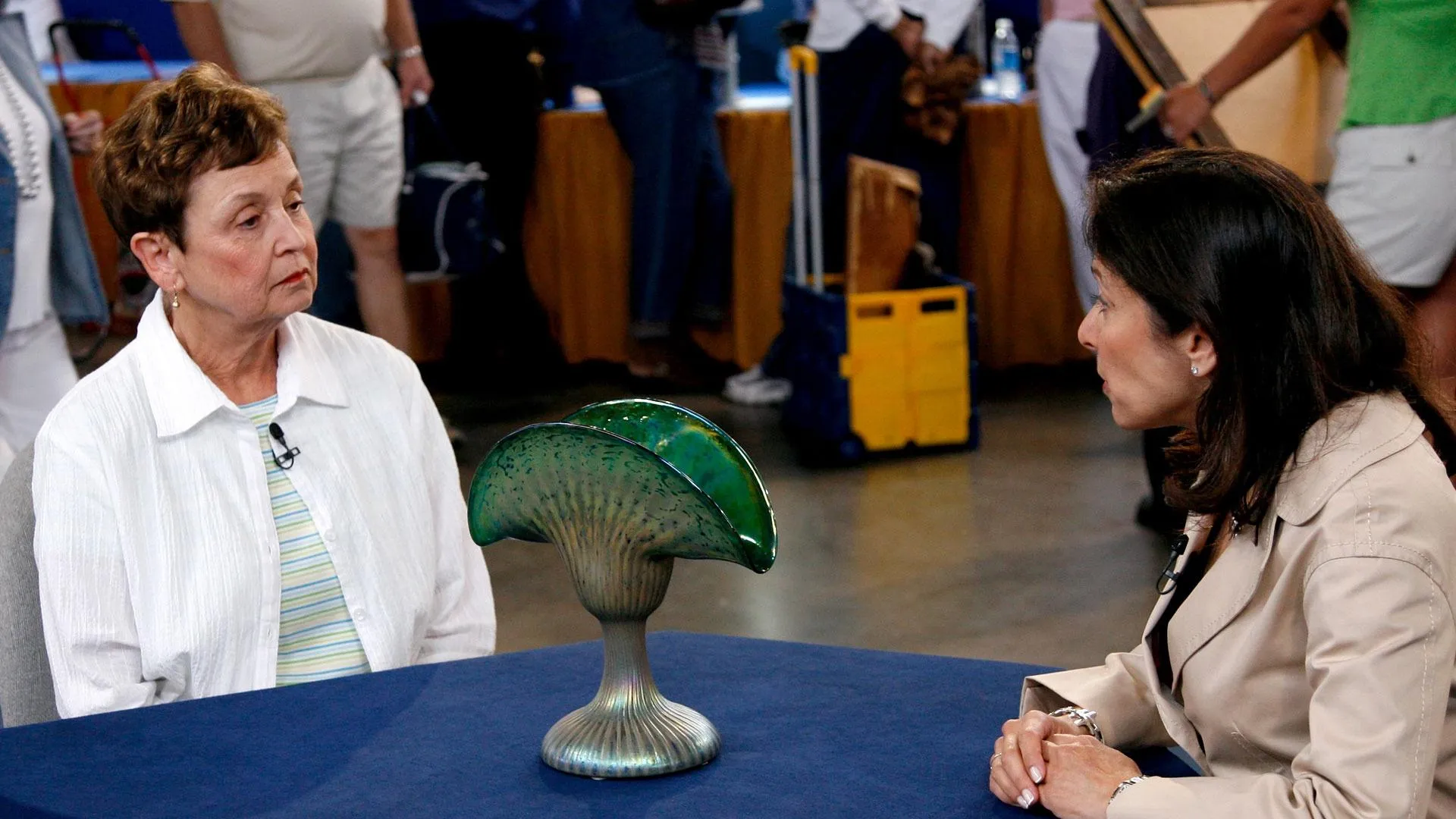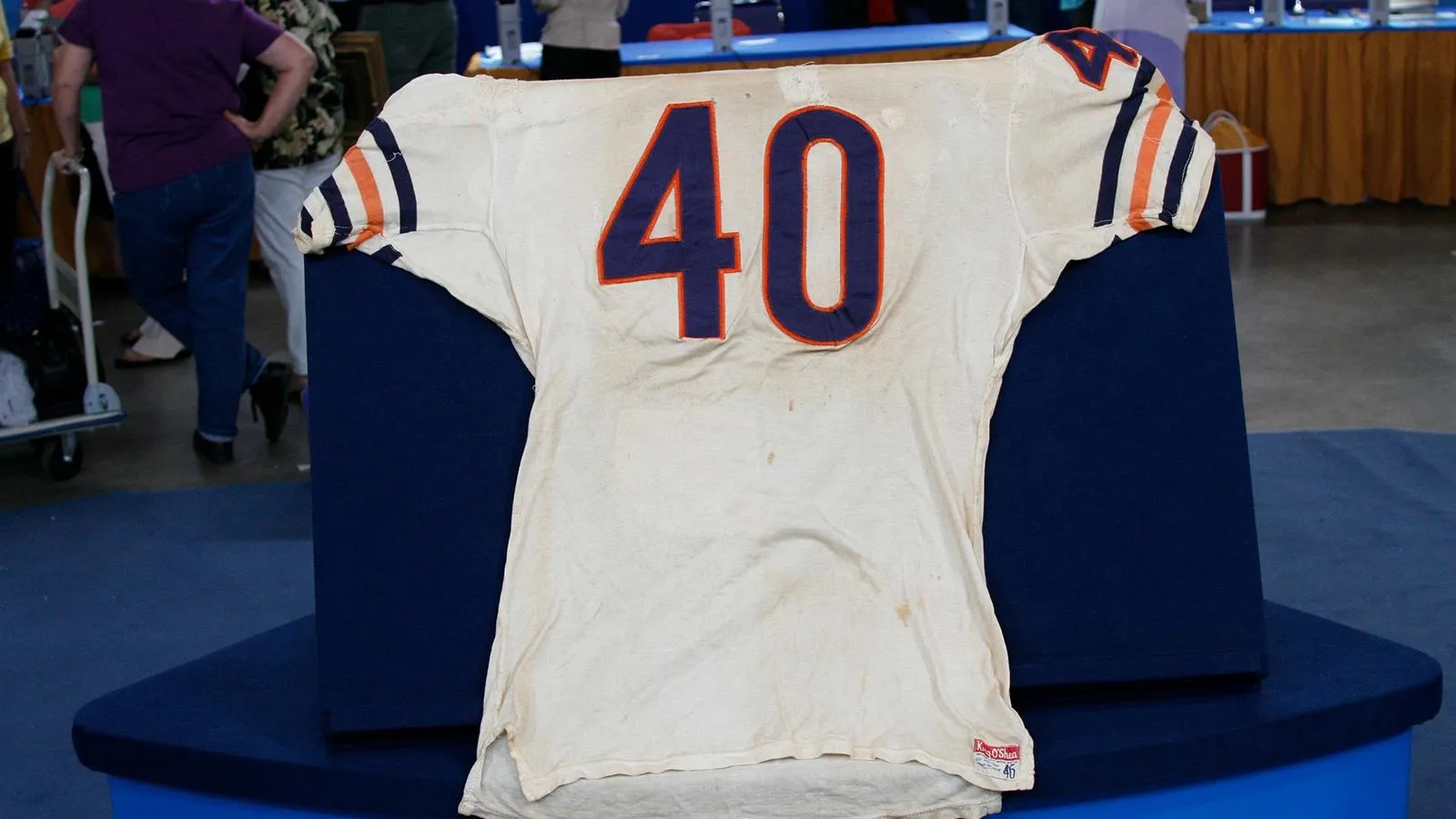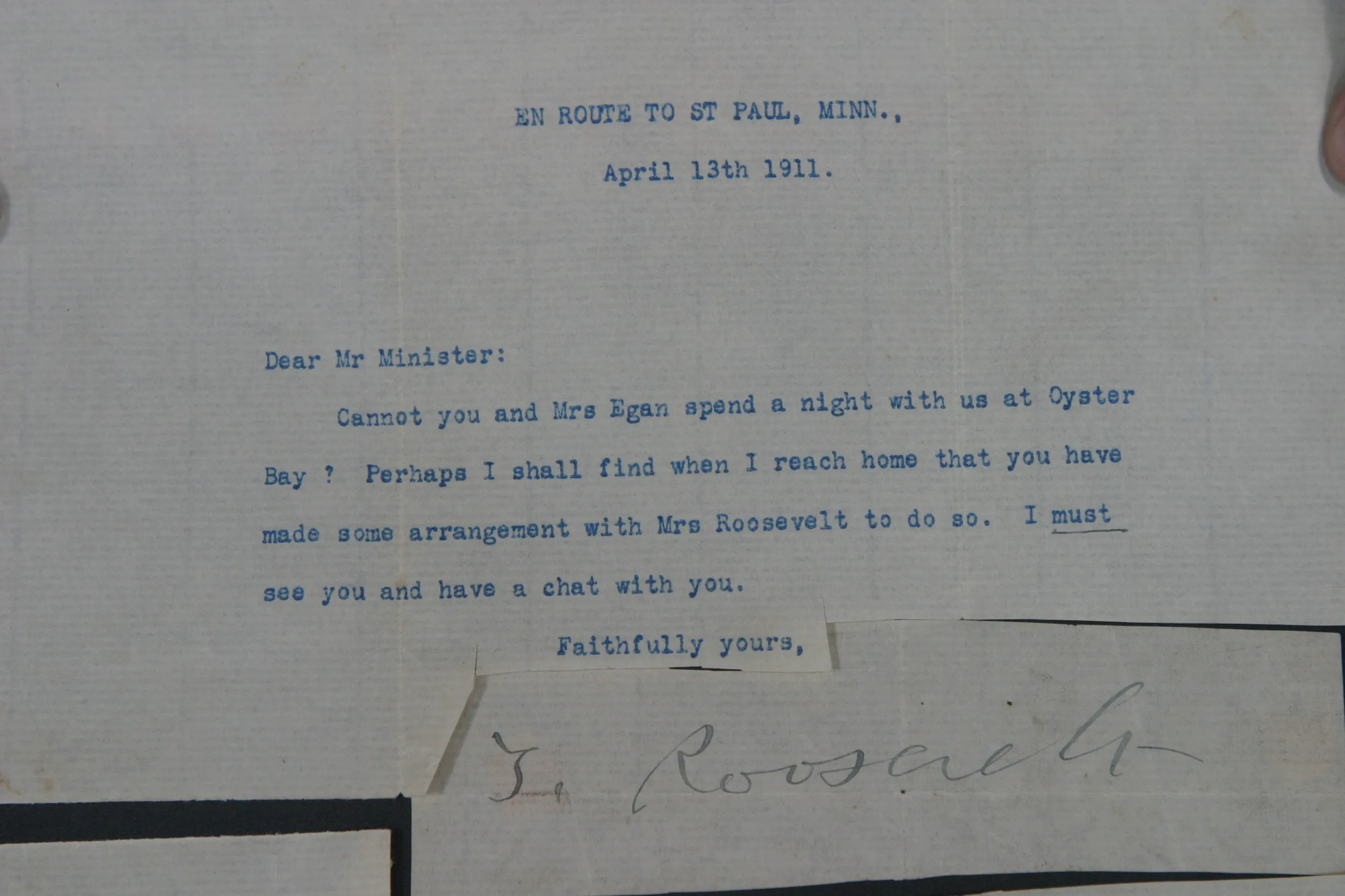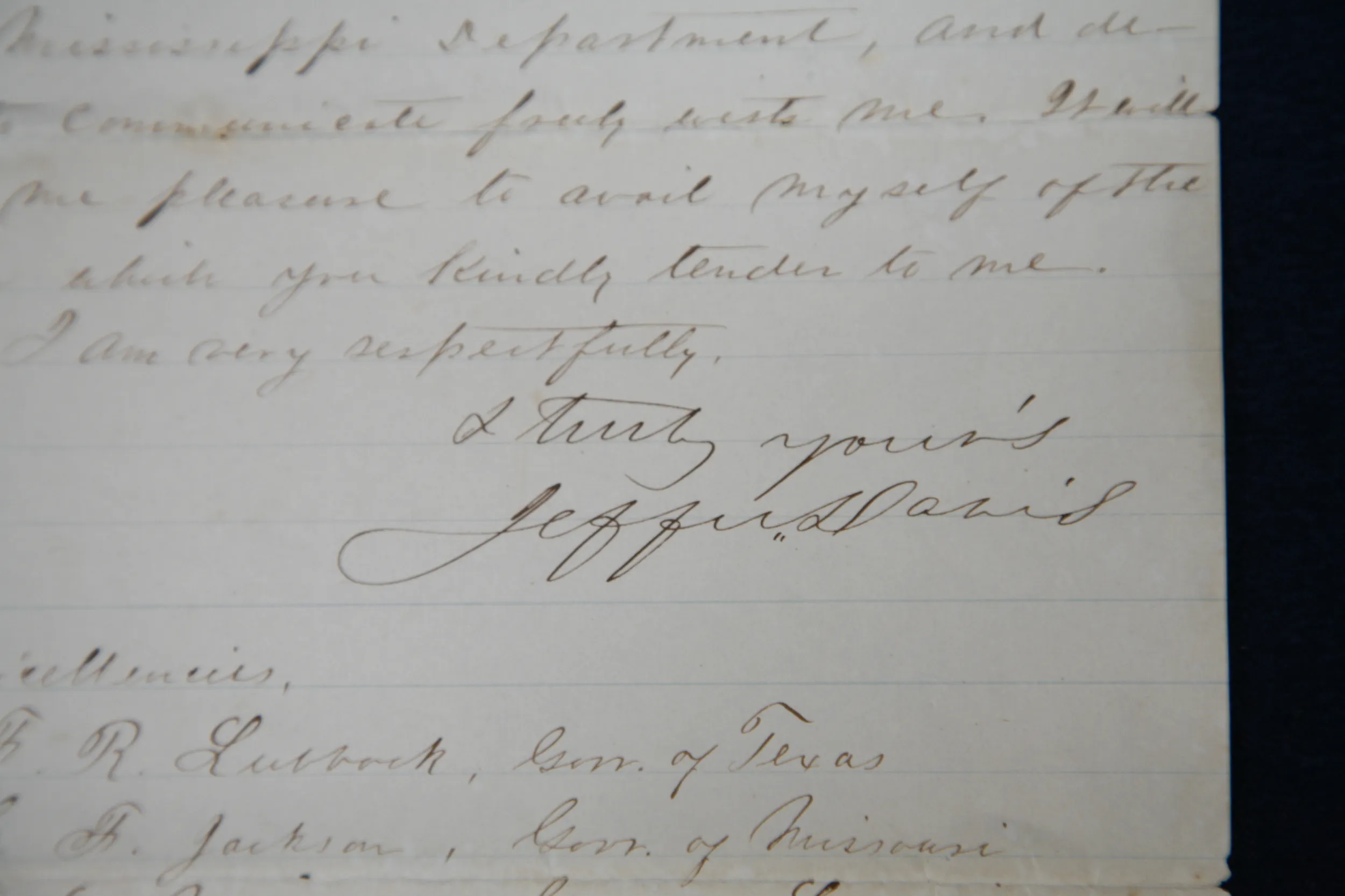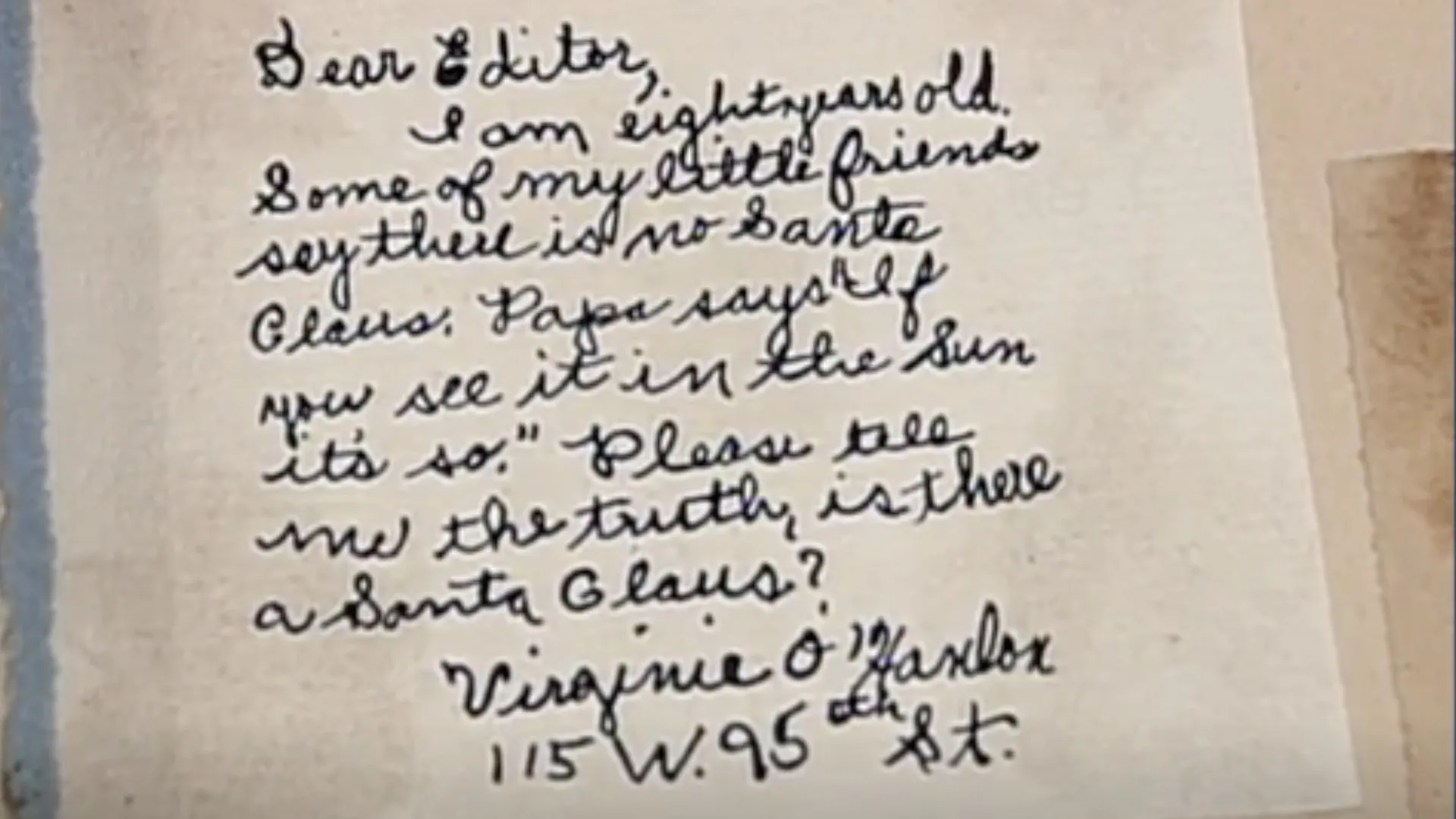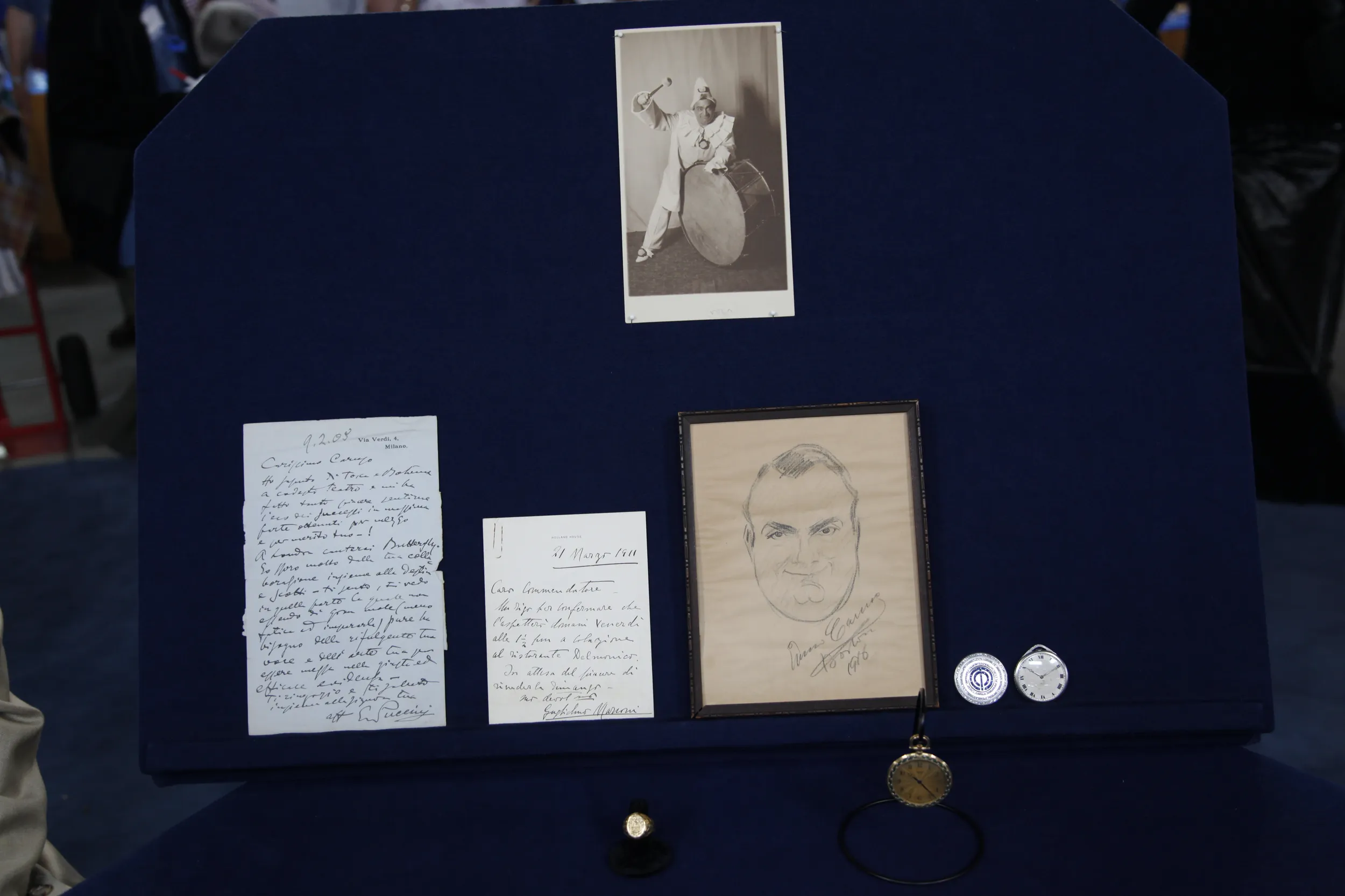GUEST: My mom and I, when I was in high school about 14 years ago, we, just for fun, would go around, go to estate sales, and there was a house that had been closed up for a long time, and they were just having an estate sale. So we went in. We both love old photographs, and there was a box of old photographs, old newspaper clippings, and things like that. And she recognized, in one of the pictures, that it was FDR and a bunch of famous people from Atlanta. So she just put it back in the box and we walked up and said, you know, "How much?" And they said, "Five dollars." And so then we left and didn't really realize what was in it until we got home.
APPRAISER: Well, once you started to go through it, I'm sure you started to realize that there were some pretty interesting things in it.
GUEST: Yes.
APPRAISER: Not the least of which is this very large archive of-- I've counted now 60 items-- telegrams, letters, and programs from Franklin Delano Roosevelt. And it not only covers just one small narrow aspect of his life and career. It's a very long span of time, from the 1920s-- before he was in elected life-- all the way to the White House. They're all written to a man named John S. Cohen, who was trained in the Navy, became a press man, and then he became the editor and publisher of "The Atlanta Journal."
GUEST: Okay.
APPRAISER: And it was in Roosevelt's best interests to be in touch with him, because he could, obviously, in his position, get the word out about his ambitions. So we start off in the '20s, and Roosevelt's talking here about wanting to write an editorial for the paper. Then we follow Roosevelt into the late '20s, into '28, because he was, of course, going to Warm Springs, Georgia, for his recuperations. And he's saying, "Apparently my election is confirmed by the latest return." This is when he was running for New York governor. Here's the invitation to the inauguration that was sent to Mr. Cohen. Later, in 1932, during the presidential election, there was a vacancy in the Georgia seat of the Senate, and Cohen became the United States senator for Georgia. And he was also the vice chairman of the Democratic National Committee. Again, a great position for Roosevelt to utilize. And then, finally, we find Roosevelt in the White House, 1933. Now we're writing on White House stationery to "Dear Jack," talking now as the president. You say you purchased the entire box for five dollars.
GUEST: Right.
APPRAISER: Just these items as an archive, very personal and over a long span of time, I would estimate at auction at $15,000 to $20,000.
GUEST: Great! That's wonderful.
APPRAISER: So, thanks for bringing it in.
GUEST: Thank you.
